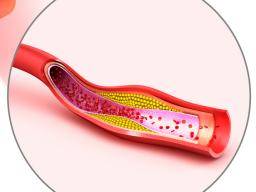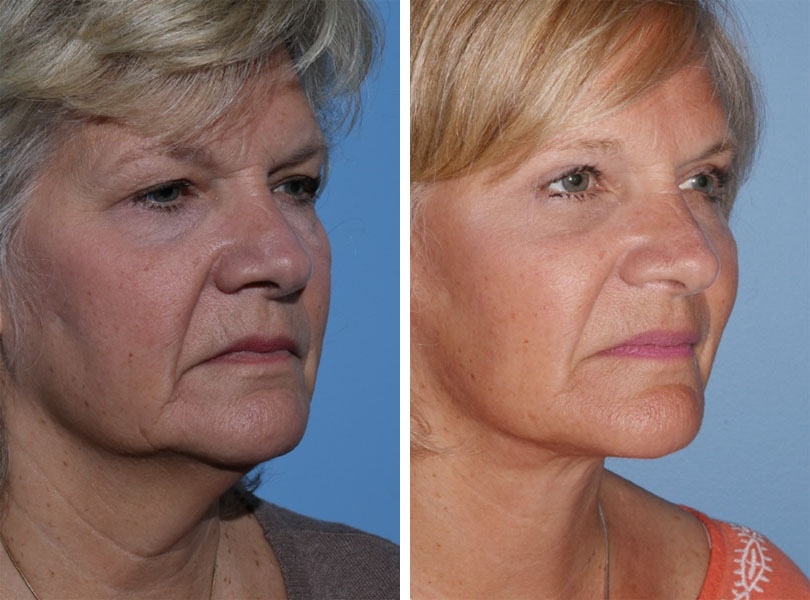
After breast reconstruction you can resume your normal activities, however you won't have the ability to engage in strenuous activities. You will be scheduled for follow-up visits with Dr. Parva. Additionally, you will be given instructions regarding postoperative care. Call the office to receive updates and discuss your experiences. Although recovery from breast reconstruction may take two weeks, there are no complications.
Post-operative care
You can do a wide range of activities post-operatively for breast reconstruction. After your stitches have been removed, you can resume normal activities. However, you should avoid strenuous activity. You can tell your caregiver what you do normally and make plans around it. While walking can be resumed immediately after surgery, driving and housework cannot continue until your drain has been cleared. While you might be able to exercise after six weeks of recovery, you should wait to see your provider for your first consultation to discuss your level of activity.
A thick dressing will be applied over the wound to reduce swelling. It will usually be removed in one day, but may stay for a longer duration. Some surgeons use a wound drain to drain blood or fluid into a small container. These drains may be removed by your surgeon, but they will still require some care. You will receive a few additional days of care after the surgery.

The symptoms
The hospital may require you to stay there for up to a week after your breast surgery. Instructions will be provided about what you should do for the following days and weeks. During this time, you will be much more tired than usual, so be sure to get plenty of rest. This time you might experience fever, increased redness and drainage from your incision site. In order to prevent infection, you may be required to take antibiotics.
Another common problem after breast reconstruction is swelling. You may experience some swelling, a condition called oedema, in your breast, chest wall, or upper arm. As your chest heals, the swelling will lessen over time. You may feel a pulling sensation under your arms. You may be prescribed anti-emetics by your surgeon to ease this discomfort. You may need to take several weeks off work after your surgery to be able to resume normal activities.
Procedures
There are many options for breast reconstruction. Each type of procedure requires different preparation and recovery. During the first phase, the surgical team will stretch the skin over a donor site. Once the area has healed, a silicone gel or saline-based implants are inserted. The surgeon will then insert a tissue expander. This is attached to the donor site once every week. During this phase, the tissue expander may rupture, resulting in pain and infection. After the implant has been placed, it can either be removed or reconstructed to restore the breast's shape and size. TRAM flap procedures are another type of procedure that uses tissue from the abdomen to form a mound. These procedures may require additional sedate and may result in a cut of abdominal muscles or fat.
Although the actual procedure is very straightforward, the recovery period may take longer than expected. Although some patients may feel better in a matter of days, others experience prolonged swelling and even bruising for several months. This may not be true for everyone. This is why a counselor or physical therapist might be beneficial to patients. These individuals can help the woman through her emotional and physical recovery. The healthcare professional will also provide instructions on how to care for their breasts at home.

Recovery time
Patients should expect some discomfort after recovering from breast surgery. During the first 24 hours, pain may be very intense, but this should gradually decrease. You may be required to take pain medication, or relax your muscles. Drainage tubes can be used occasionally to reduce swelling, and prevent fluid buildup. Patients can resume their normal activities such as swimming and other strenuous sports after the incisions have been closed.
Everyone is different and will need to take different time to heal from breast surgery. Some women are able to return to normal activities within 4 to 6 weeks. Others may need to take longer. Depending on your procedure, it may be necessary to avoid lifting heavy objects until your doctor allows you to do so. Breast reconstruction takes between two and six weeks to recover, while some patients may only need four weeks. For the first two week following breast reconstruction, it is recommended that you stay at the hospital for one or two days.